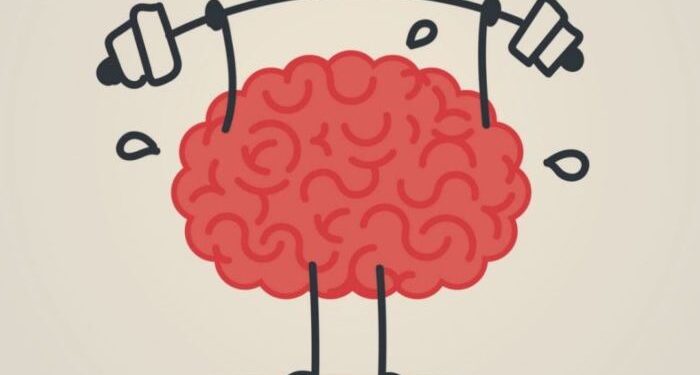In light of the humanitarian crisis that followed the COVID-19 pandemic, the Australian Maritime Safety Authority (AMSA) highlights the importance of ensuring that the crew members maintain a good mental health.
Accordingly, looking after the crew means that the operation will run more effectively, and you will retain happier, productive and more dedicated employees.
AMSA provides recommendation on how operators and the masters can ensure that their crew have the necessary information and strategies to help alleviate the effects of stress that can lead to mental health issues:
- Educate your crew
Masters and senior crew members should know about the psychological impact of stress and mental health issues, including knowledge of the short and long-term consequences of stress.
Masters and senior crew should also:
- ensure crew members have information and awareness through training
- establish prevention and minimization programs
- be able to identify employees having problems
- initiate the necessary assistance if required – including some masters and senior crew being instructed in mental health first aid.
- Identify behaviours
Be aware of the following behaviours in crew, if they are out of character:
- withdrawing, isolating, or being quieter than usual
- appearing distressed
- appearing agitated or irritable
- having difficulty managing the work or workload
- being argumentative, aggressive or getting into conflict
- being confused, unusually forgetful, or having trouble concentrating
- Crew reactions to stressful events
After a stressful event, people are often very sensitive to how others react toward them or describe the event, their role and their reaction. Validation of the stressful experience has an important effect on a person’s recovery.
Make sure all crew are aware of how stress can affect them. This way, experiencing a mental health issue is likely to be recognised and validated. If senior crew are aware of the principles of mental health first aid, the crew are more likely to receive the appropriate support they need in such situations.
Crew with low morale typically exhibit the highest risk for psychological injuries. This is because strong morale acts as a buffer or protective factor against the effects of mental health issues and other stressors.




























































